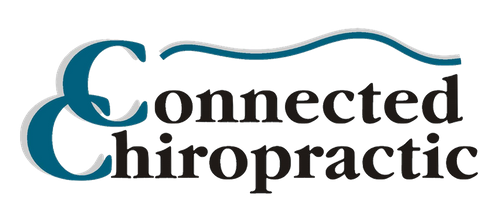
We have all experienced some level of pandemic fatigue – it can be tempting to let your guard down. The care free and novel days of zoom meetings and working from home has lost its notoriety for many. Physical distancing and mask-wearing are taking a toll on us. Physical exercise is really difficult for some especially those of us who have a hard time getting outside in the cold weather. Missing life events such as birthdays, weddings, graduations, holidays, and even funerals has become the “norm”.
Pandemic Fatigue And How Do We Combat It?
Pandemic fatigue is the feeling of exhaustion!
We have had to quarantine, constantly assess the safety and our levels of comfort with activities, concern about losing jobs, or have lost a job and now are worrying about how to pay the bills, and have lived much of the year without a sense of when the end is coming. Feelings of helplessness and of being mentally and physically exhausted can lead to your reserves lowering. Your motivation to engage in proactive stress management and resilience can also be compromised. Here are some symptoms to be aware of:
- You are getting sleep and yet you still feel exhausted.
- You might be drinking more alcohol and/or eating more food.
- You are having trouble focusing and/or concentrating.
- You might feel irritable in situations that you typically find to be no big deal.
- You might be loosening up on handwashing, social distancing, and even mask-wearing.
Do you think you might be experiencing a bit of pandemic fatigue? If so, here are some tips to fight back!
- Accept your feelings. You have been through A LOT in 2020. This has been a hard time with so many unknowns, so much out of your control. It is ok to be sad, depleted, angry, overwhelmed, hopeless, and any other feelings you may have. Awareness and acknowledgment is powerful. Check-in with yourself, sit with your feelings, and reflect on them.
- Watch out for confirmation bias! Perhaps you have made it this far and have not been sick or you have put yourself in situations that have been ill-advised and have not had an adverse outcome… It can be easy to rationalize that you have done it before and been fine, you can do it again. Be mindful and clear of loosening your boundaries and standards.
- Prioritize self-care! Your health and wellbeing (including mental) need to come first. Self-care can include many aspects including:
Exercise! Even a short walk makes a difference!
- Meditation and deep breathing. This is such a powerful skill to build and does not have to be a big endeavor. Even something as simple as closing your eyes and focusing on your breathing to center yourself, can be impactful when you are feeling overwhelmed or stressed.
- Connecting with positive friends and loved ones in safe ways (just the act of reaching out can boost your mood and happiness).
- Put an emphasis on your diet. Think about ditching those inflammatory foods you know impact you personally such as gluten, sugar, lactose etc. and limit the caffeine and processed foods
Be sure to stay hydrated. Even more so now it is important to drink 64 oz. of water a day. That alone can help you feel much better, especially if you are feeling fatigued.
Here are 6 dietary changes that are easy to make and will also make a big difference in your energy levels:
- Eat more bananas 1 – 3 a day
- Eat lean protein such as chicken, turkey, salmon, or tuna
- Nuts are a healthy protein and a great snack
- Eggs provide protein without increasing blood sugar and are high in amino acids
- Eat whole apples
- Water – 64 ounces
Chiropractic Care
Finally make sure that you are getting adjustments. Adjustments Help Reduce Inflammatory Agents. When the spine and other joints are properly aligned, and your nerves function as they should, your body’s biomechanics return to normal. This stops the production of neuropeptides, which can help reduce inflammation. Chiropractic adjustments may also help reduce the production of cytokines, proteins that regulate the cells of the immune system. When cytokines build up, they can cause a severe inflammatory response. Studies suggest that chiropractic may help not only the affected areas but other parts of the body as well.
